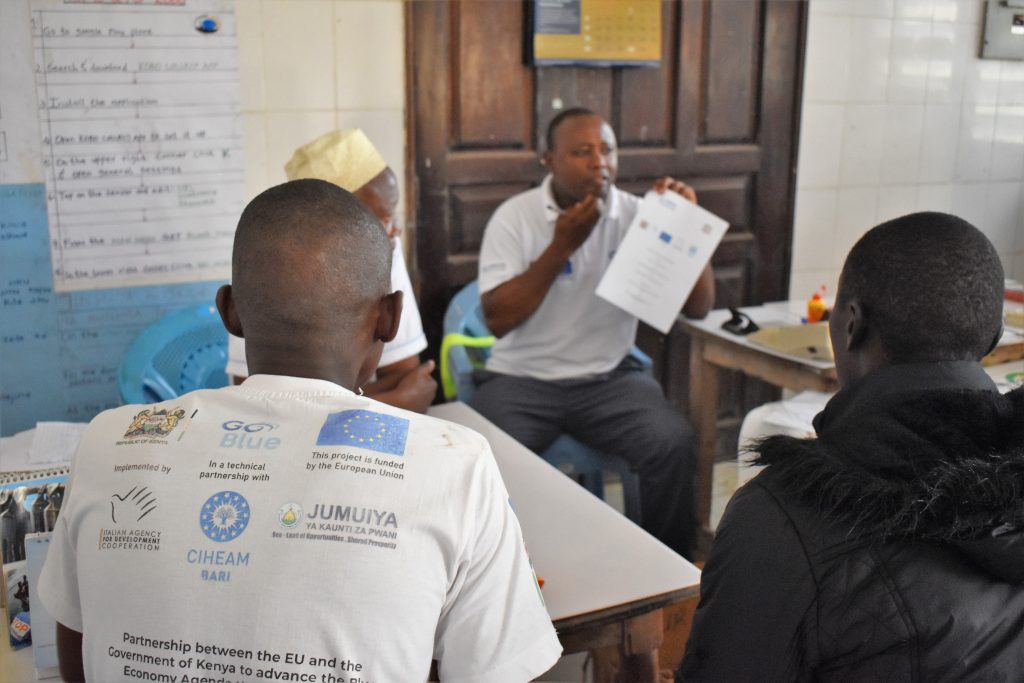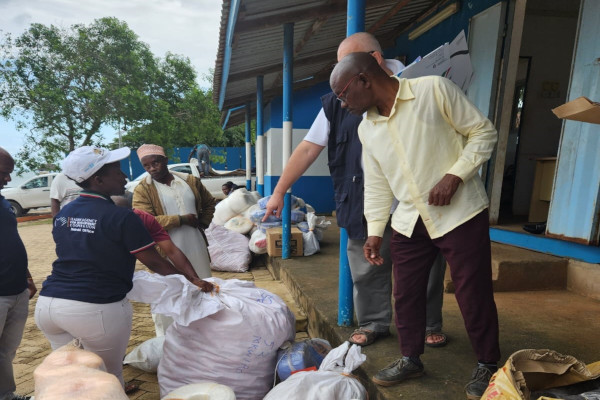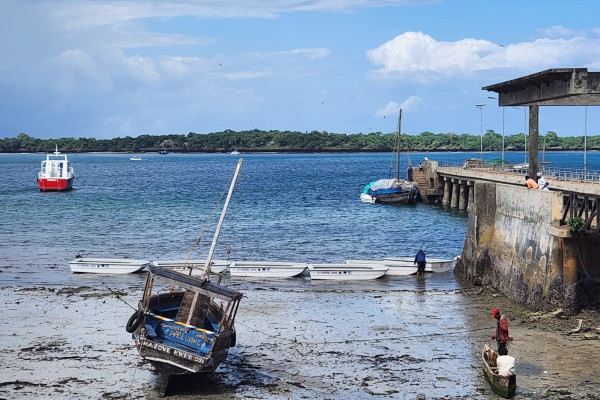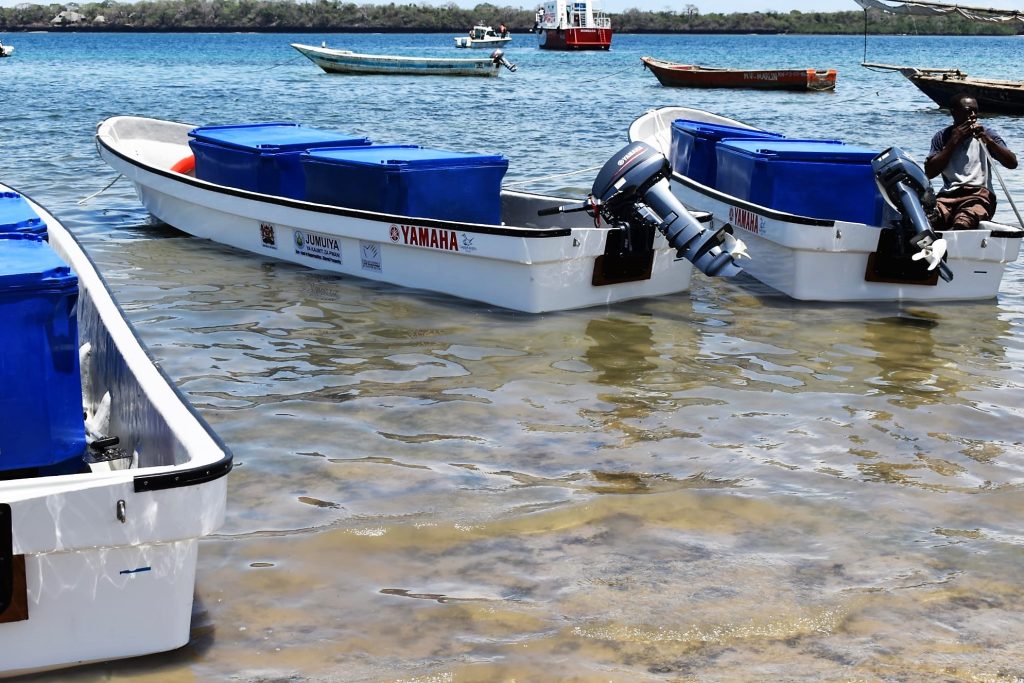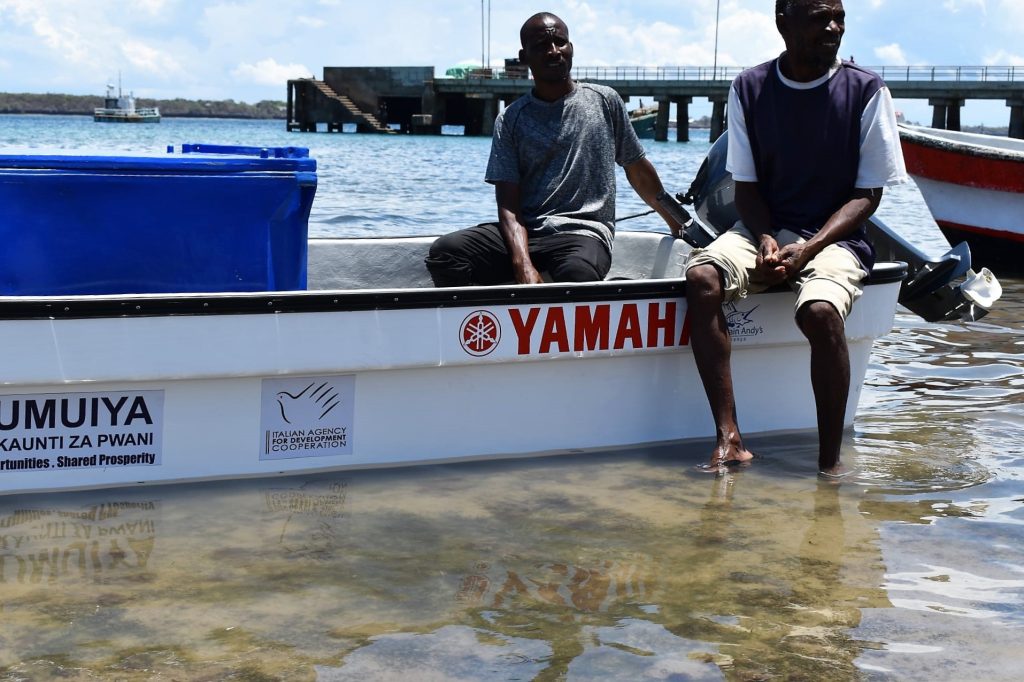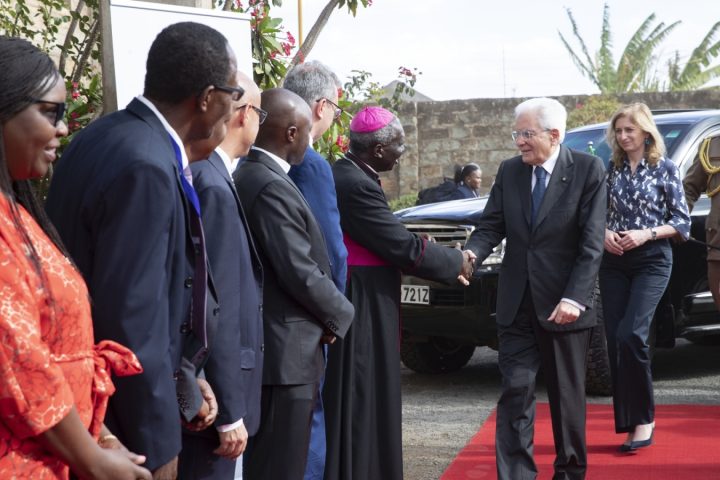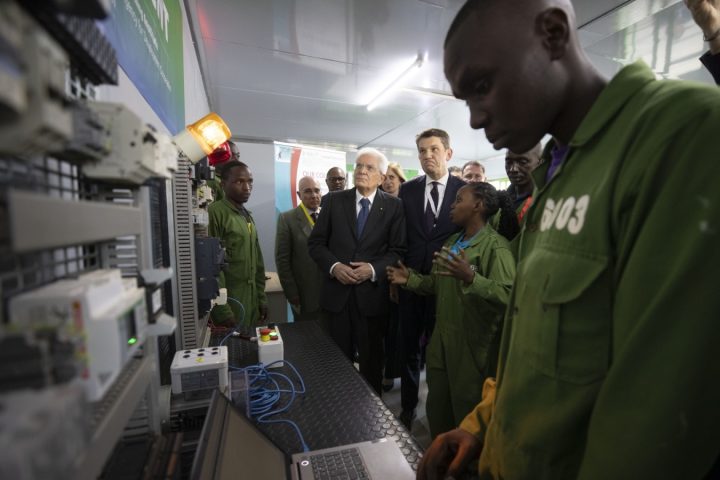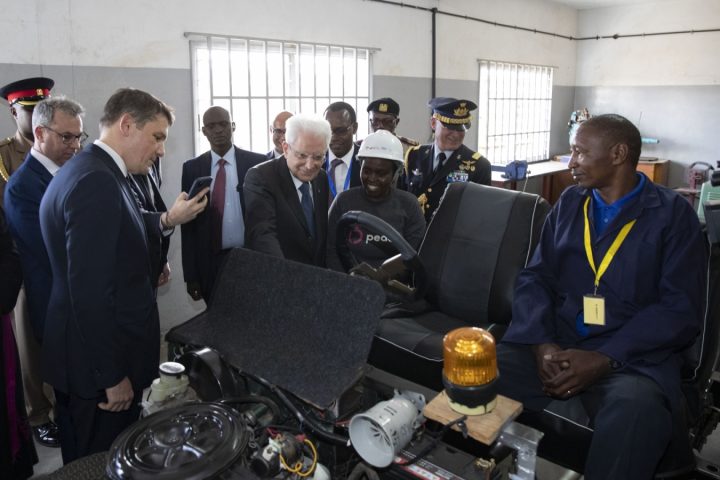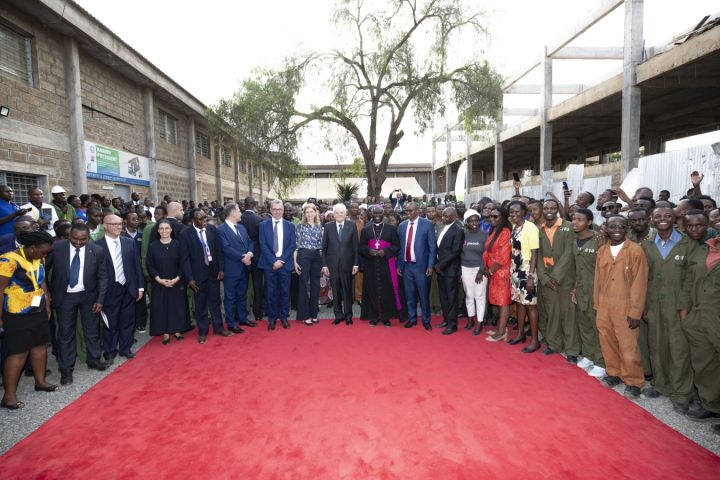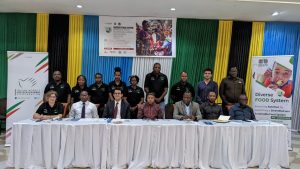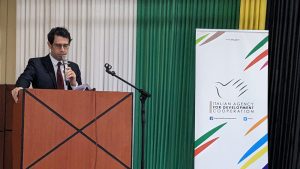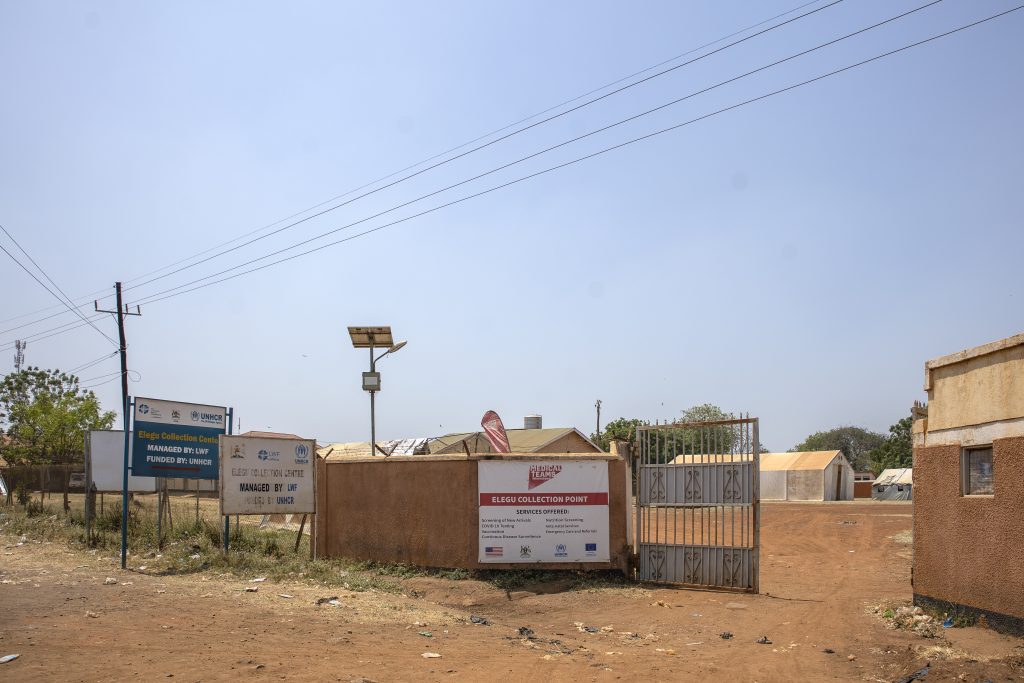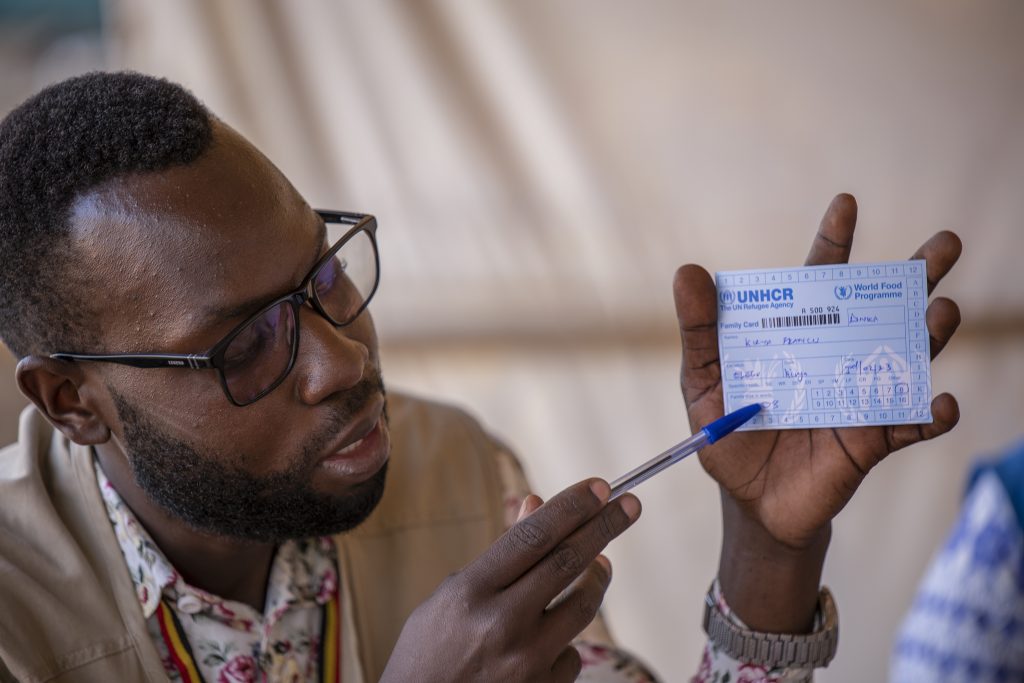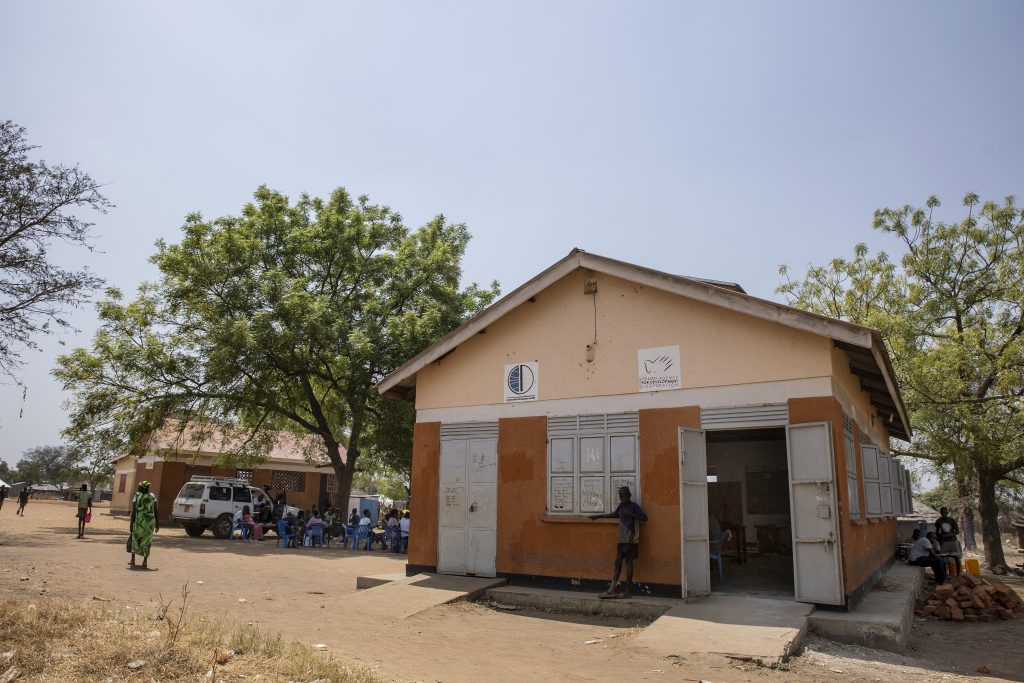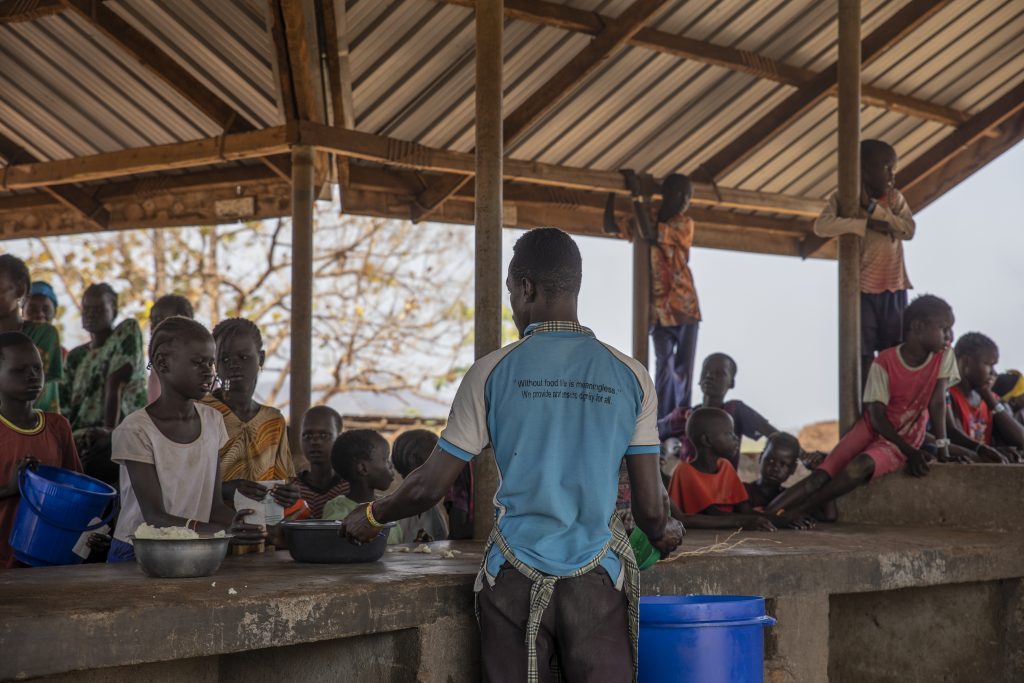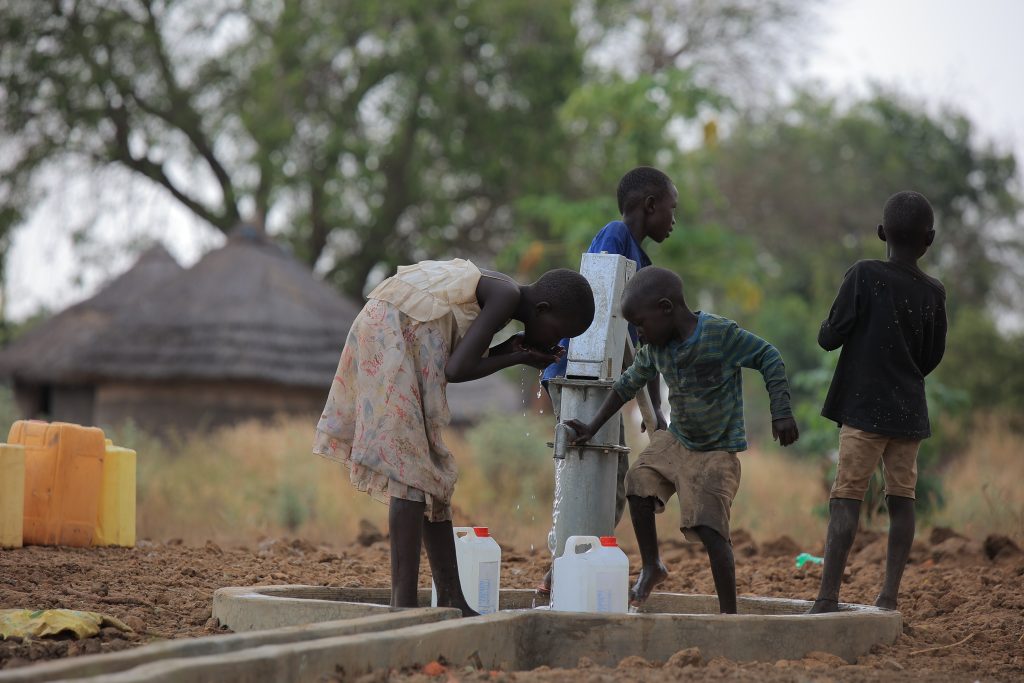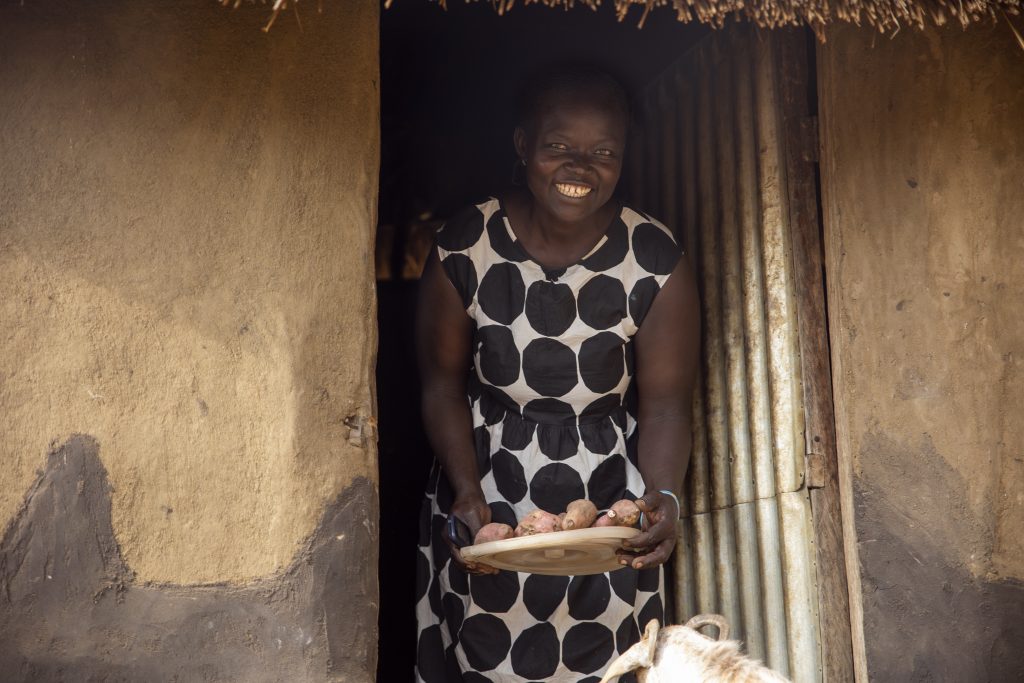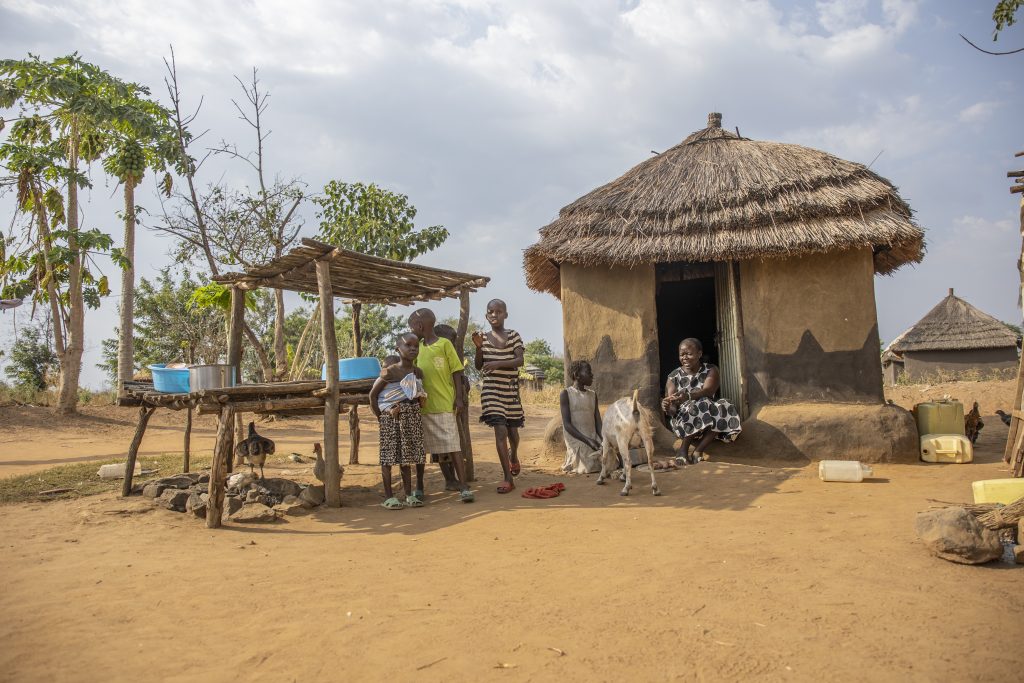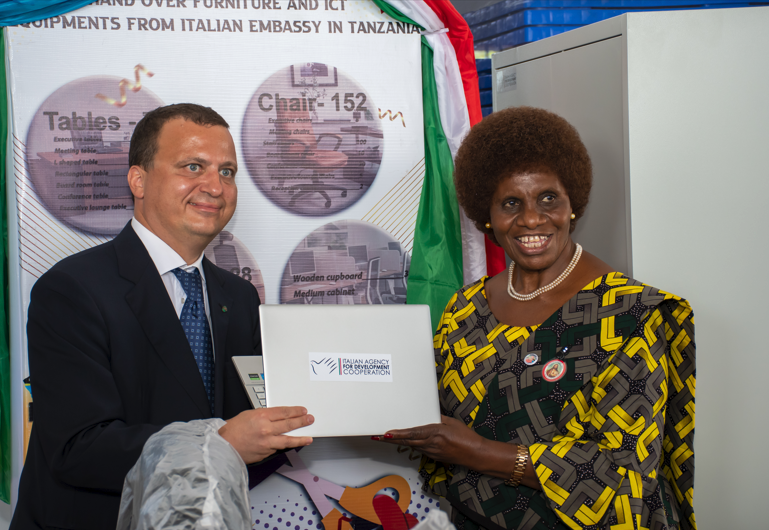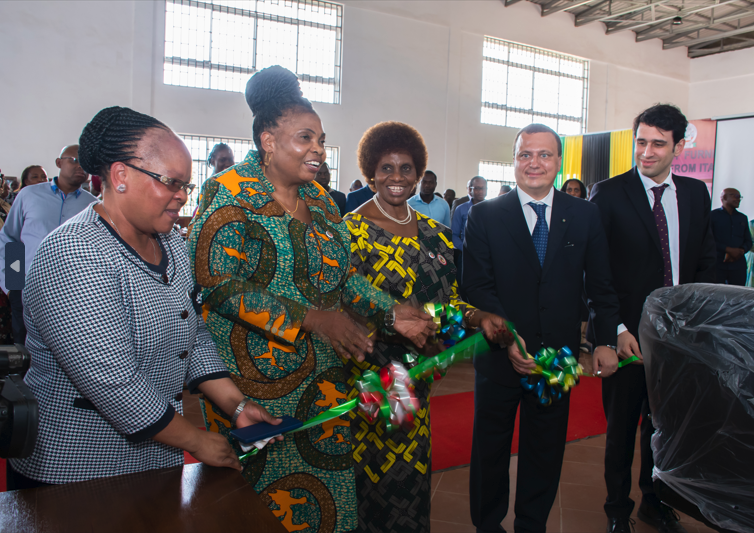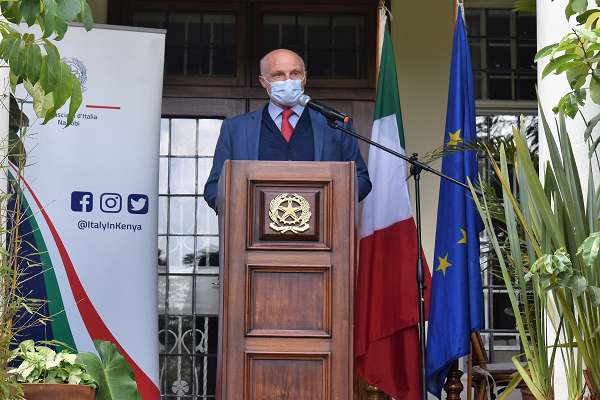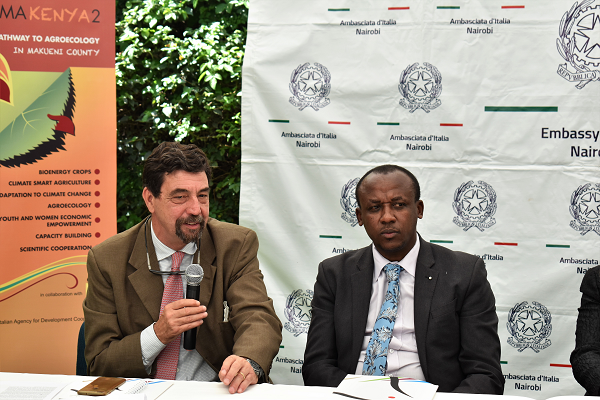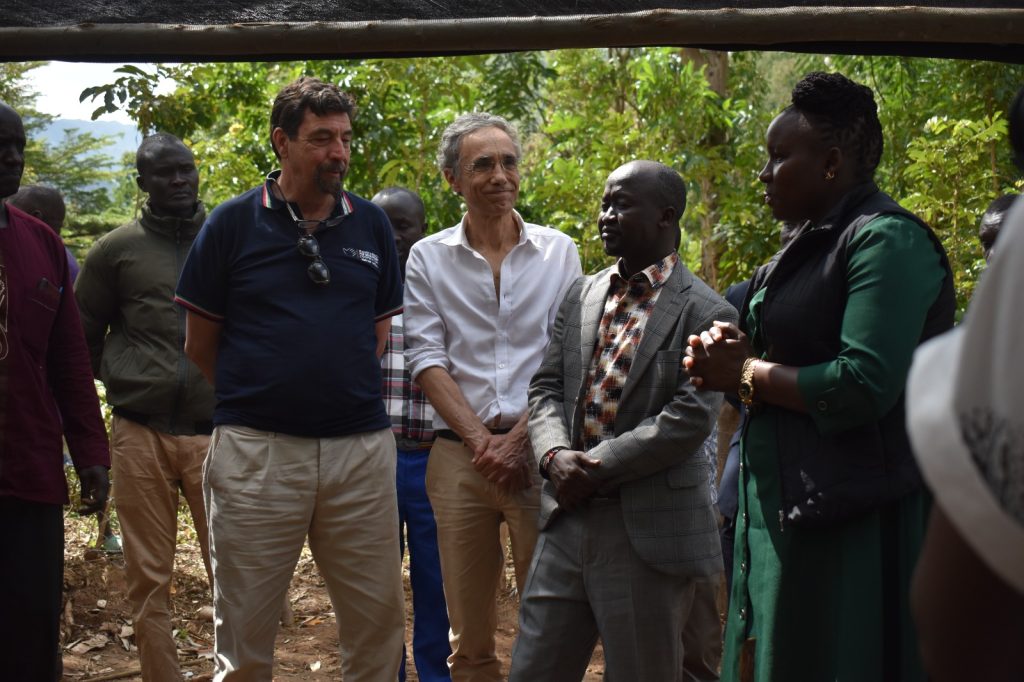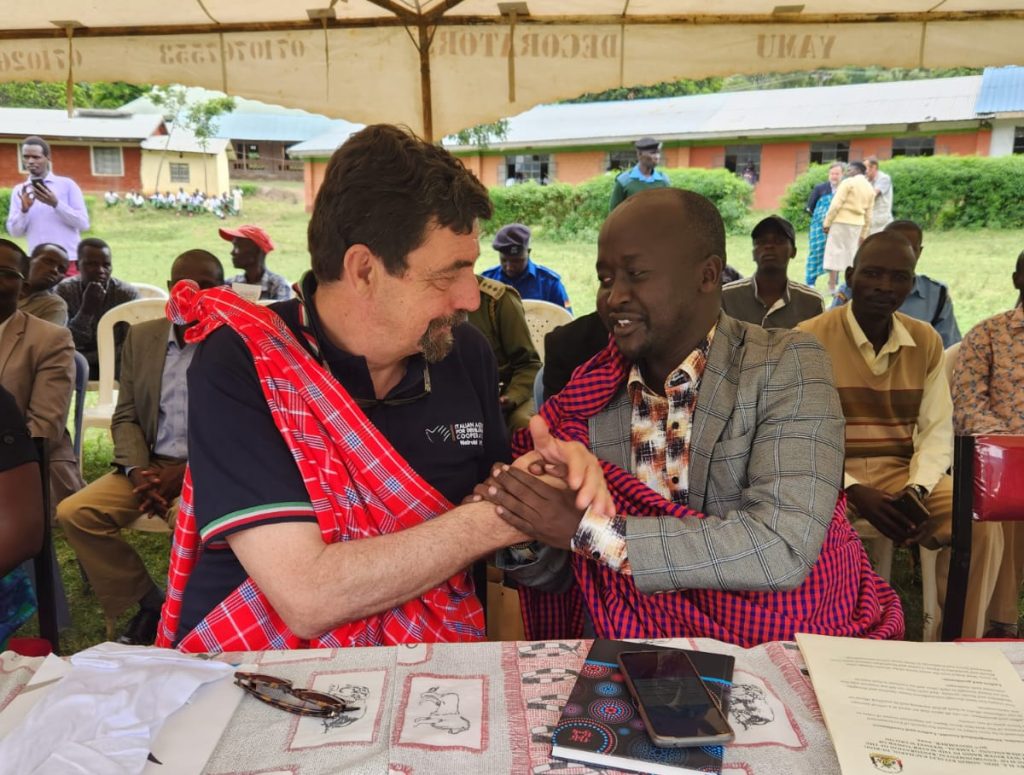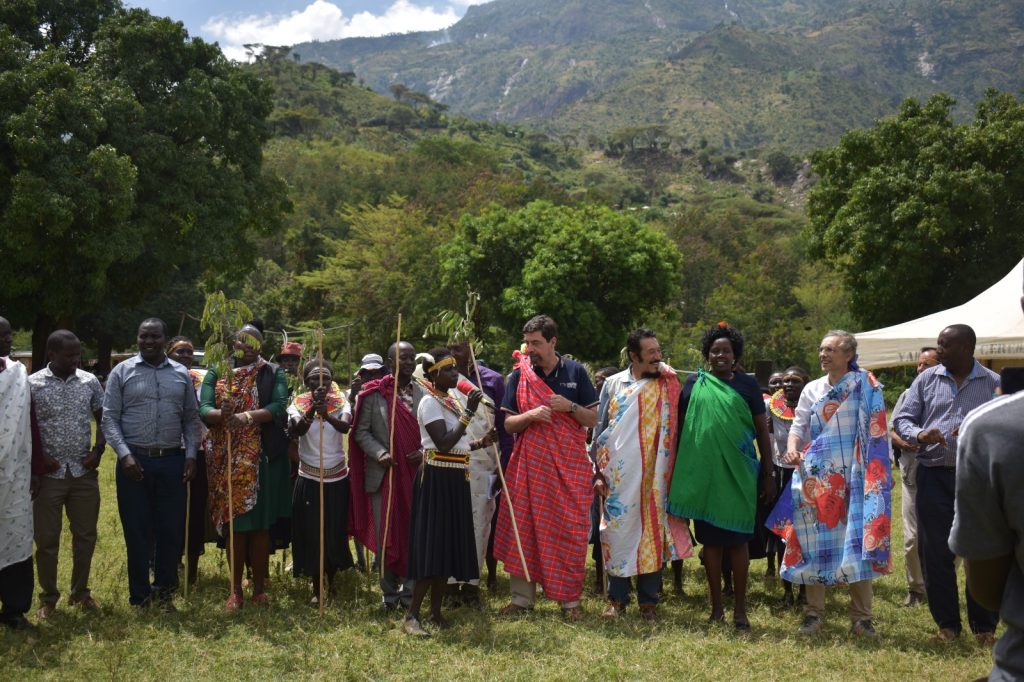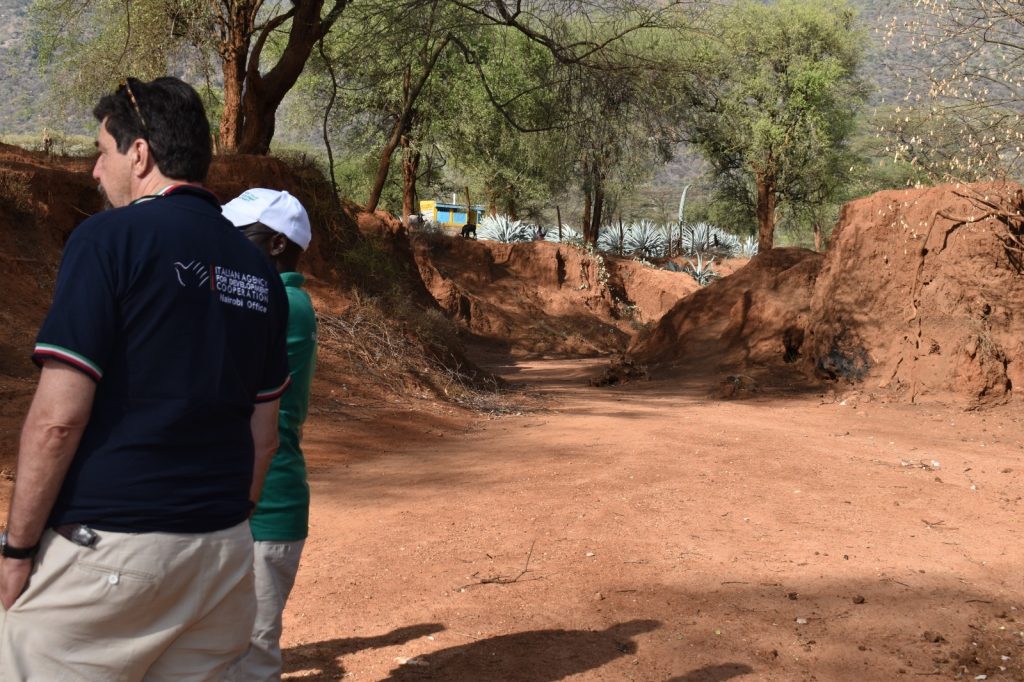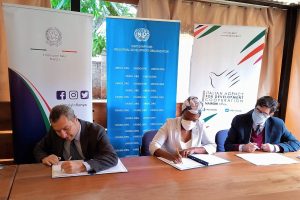We went to Adjumani, a district in Northern Uganda at the border with South Sudan. We have followed the path that refugees take when they enter Uganda, starting from the moment of registration immediately after crossing the border until their arrival in the refugee camps. Where Aics intervenes in support of refugee and host communities
The border
To cross the border between South Sudan and Uganda from the Ugandan district of Amuru, you have to walk on a bridge over a completely dry river, crowded with trucks, motorcycles, animals, sellers of everything, soldiers, dust. From the Ugandan side, we only managed to cover half of it; the South Sudanese military then sent us back.
Every month, hundreds of people cross this bridge fleeing South Sudan, a country still reeling from a 5-year civil war, internal tensions and consecutive years of record floods that have caused one of the most serious humanitarian crises on the continent, with about 2 million internally displaced people and 2.2 million seeking protection in neighbouring countries.
Once passed the strict controls of the military on the bridge, you arrive at the Ugandan border offices. It's hard, even for us, not to feel relieved noticing the huge red sign above the offices: WELCOME TO UGANDA.
Collection Point
Elegu Collection Point is located 300 meters from the bridge. Here, the Ugandan authorities of the Office of the Prime Minister (OPM), the entity managing the refugees’ reception system, together with UNHCR and a medical team register the newly arrived refugees and carry out the first health checks, administering vaccines if necessary, including the one against Covid-19.
Elegu is just one of the access points on the border between Uganda and South Sudan. Francis Kirya from the Ugandan OPM tells us that in Elegu alone they had registered 646 new arrivals in January 2023.
While he’s showing us the identification cards and bracelets to entitle refugees to receive food from the World Food Program (WFP), Francis sees behind us that a South Sudanese family is entering the Center: they walk slowly but decisively. They are nine; seven children, their mother and her brother.
‘How long did you have to travel to get here?’ we ask them, sensing their exhaustion in the burning equatorial heat.
'One month', answers the only boy who speaks English; 'we took a bus that crosses the whole country, we couldn't afford any faster vehicles’.
At the Elegu Center, each family member is registered on a platform through fingerprints. This system serves to identify refugees in a global database, where security checks are carried out by the intelligence services.
In the evening, the family will be taken to the Nyumanzi Reception Centre.
Reception Center and assignment to camps
At the Reception Center, newly registered refugees will spend a few days before being transferred to one of the camps nearby. Each family is assigned temporary housing; there are communal sanitary facilities and WFP daily distributes food aid. There is also an emergency medical center and a small playground for children.
Life in the camps
Uganda is the African country hosting the highest number of refugees: more than 1.5 million according to the 2021 census, of which 65.3% comes from South Sudan. Francis explains that assignments to the different camps are made based on availability and with attention not to mix conflicting tribal groups. Once in the camps, refugees are assigned small plots of land that can be used for subsistence farming.
According to UNHCR data, as of December 2022 Adjumani District alone hosted about 280,000 asylum seekers and refugees, registered in 18 camps. Of those, 86% were women and children. This is precisely the area where the Italian Agency for Development Cooperation (Aics) concentrates its activities in support to refugees and hosting communities.
'Through our Civil Society Organizations present on the field and in collaboration with the local authorities, we intervene with training and business creation activities for young people, developing income and livelihood opportunities often through the collaboration between South Sudanese refugees and Ugandan hosting communities. We also promote actions that can facilitate the conditions for an eventual return to the country of origin to help its reconstruction,' explains Giovanni Grandi, head of Aics Office in Nairobi. 'In this way, we support Ugandan policies encouraging the integration of refugees and mitigate possible tensions that may arise between the two cohabiting groups, and which stem mainly from the joint use of the natural resources.'
The adoption of measures to prevent and mitigate tensions between Ugandan and South Sudanese communities is essential where, due to protracted insecurity conditions, the South Sudanese refugee population is gradually settling in Uganda. The story of Grace, 35, is emblematic in this sense: Grace arrived 31 years ago as a refugee in Uganda, and still nowadays she is a resident in Elema camp (Adjumani district). Here, Aics is supporting the realization of infrastructural interventions, including the installation of water supply systems and the renovation of spaces to host community recreational activities. 'These interventions have also helped to reduce conflicts between refugee and host communities,' she says, referring in particular to the well built by Africa Mission - Cooperation and Development (C&S) right behind our backs.
Grace is now a community leader, and she works as a translator at Elema health center, 'because the language barrier often creates problems of understanding between Ugandans and South Sudanese,' she explains. Grace completed primary and secondary education in Uganda. She has five children and has built her own house within the camp. 'The Ugandan refugees’ reception system works, they make refugees feel comfortable. My home, however, remains in South Sudan; my dream is to go back there one day, if there will ever be peace,' she confides to us as she looks far away.
***
Aics in Uganda intervenes with an emergency initiative aimed at promoting the integration of displaced, returning and refugee South Sudanese populations. The project intervenes in the refugee camps of Adjumani district through the renovation of community centers for young people and women and the construction of new water supply systems. The initiative also promotes agricultural activities and trade to improve the income of refugee families; some activities specifically target the integration between refugees and host communities to support peaceful coexistence. The initiative started in September 2022 and has an expected duration of 20 months; it is implemented by Africa Mission - Cooperation and Development in consortium with the Jesuit Refugee Service.
